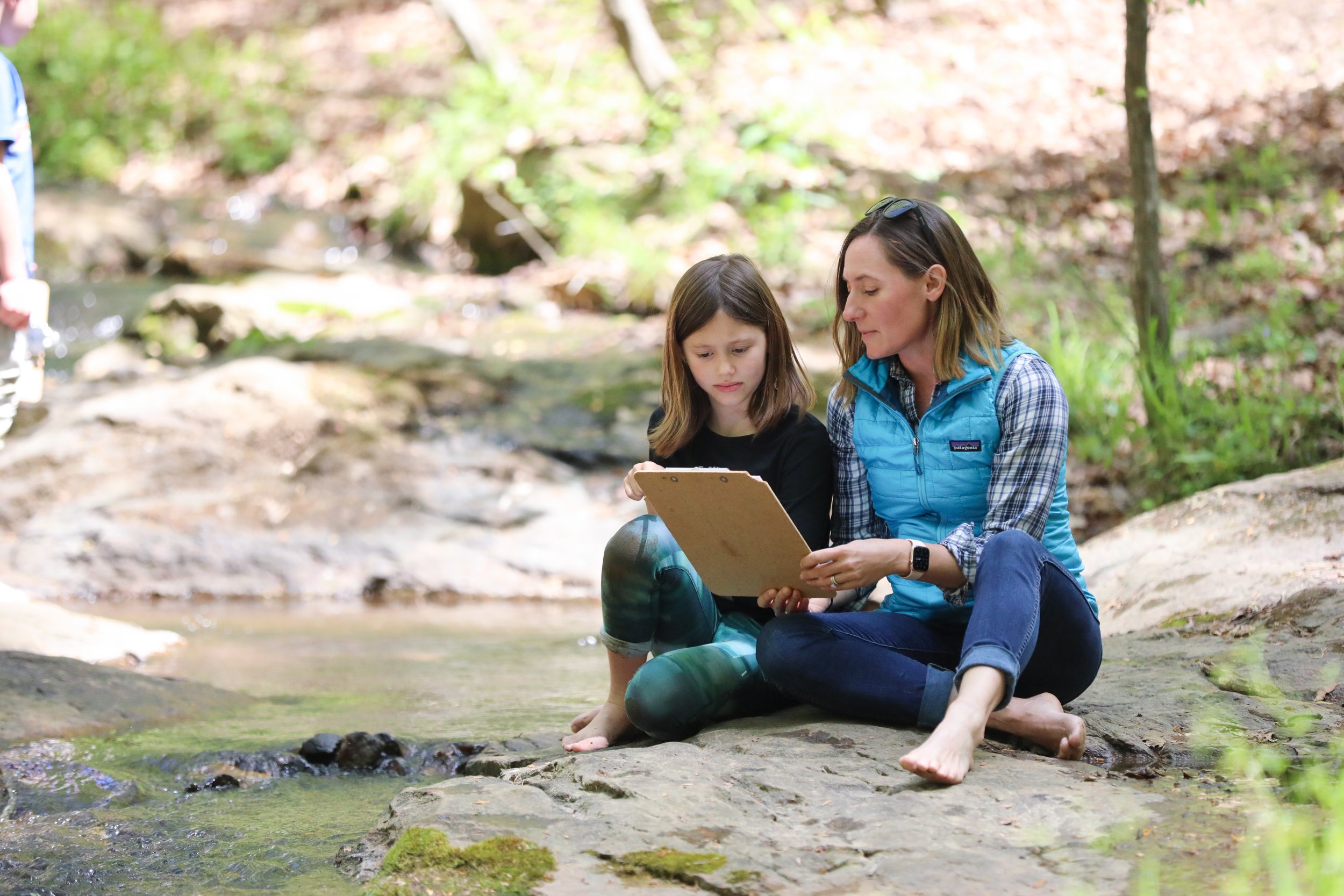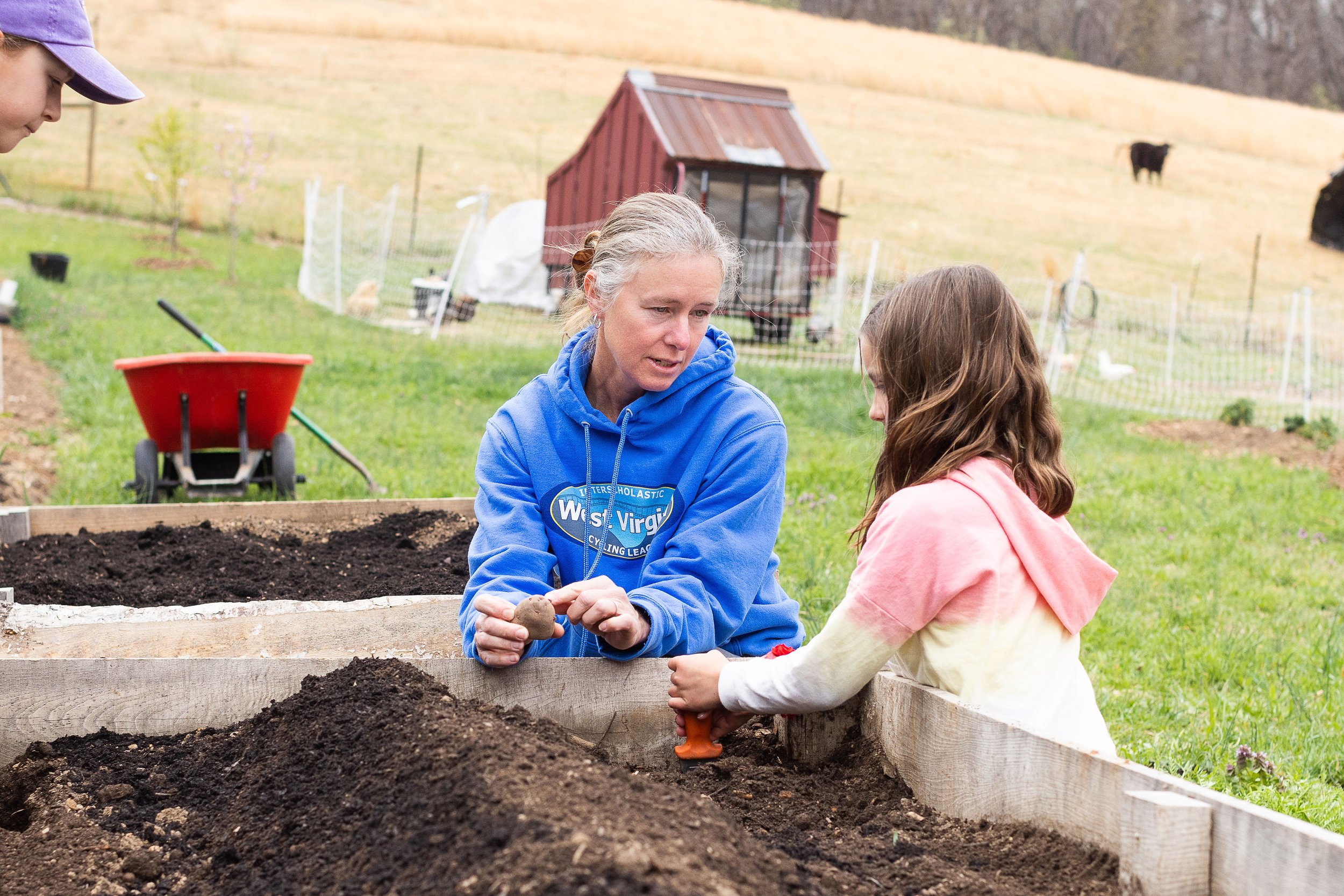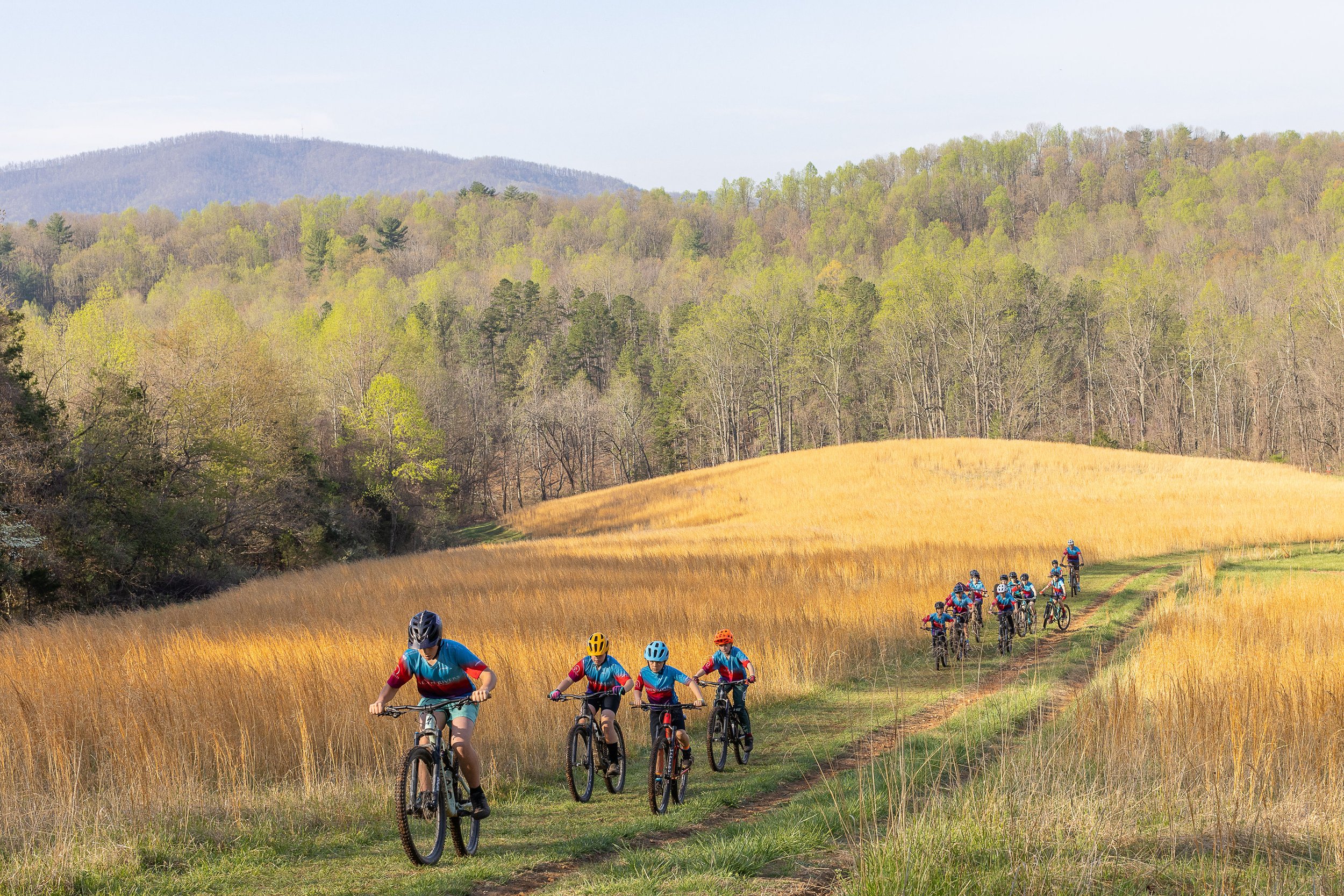
ACADEMICS
Seven Rivers provides a distinctively progressive educational experience that promotes a passion for learning, nurtures children’s curiosity, and supports individual strengths and ways of learning. Our approach is process-oriented, hands-on, and inquiry-based. Seven Rivers offers a rigorous academic program that utilizes nature and the natural curiosity of children as a driving force in curriculum design.
MIDDLE SCHOOL
Our middle school program provides a classical education with a focus on writing, philosophy, Latin, mathematics, poetry, academic debate, and cultural studies. Learning is brought to life with ample hands-on projects and exploration of the natural world.
ELEMENTARY SCHOOL
Our elementary school program focuses on fundamentals and foundational learning. Students study reading, writing, science, and mathematics. What they learn is reinforced with hands-on projects in the classroom and outside while exploring nature.
ELEMENTARY
We use Areas of Mastery to guide our classroom instruction and to measure outcomes for students and courses.
-
After completion of first grade students should have a basic understanding of the following:
Social and Work Habits
Demonstrating respect, collaboration, independence, focus, and self-control in classroom activities, during transitions, as well as during outdoor activities.
Literacy Foundations
Mastering letter and sound recognition, blending sounds, reading simple texts, and expressing ideas through writing and drawing.
Fine Motor Development
Accurately printing letters, numbers, and names, using scissors, gripping pencils correctly, and coloring neatly.Math Readiness
Developing number sense, solving basic problems, identifying shapes, telling time, understanding money, and recognizing patterns.Classroom Engagement
Actively participating, transitioning smoothly, completing tasks thoughtfully, and contributing to a positive learning environment. -
After completion of second grade students should have a basic understanding of the following:
Social and Work Habits
Listens attentively, follows classroom rules, collaborates with peers, solves problems independently, manages time effectively, and practices patience and self-control.
Literacy Foundations
Recognizes letter sounds, reads simple words and sentences, retells key details from stories, writes complete sentences with correct punctuation, and expands vocabulary in speaking and writing.
Fine Motor Development
Writes neatly and legibly, cuts accurately with scissors, holds a pencil properly, and expresses ideas by drawing and coloring.
Math Readiness
Counts to 100, understands place value, solves simple addition and subtraction problems, identifies shapes, tells time, and recognizes and creates patterns.Classroom Engagement
Actively participates in class, transitions smoothly, completes assignments neatly and independently, and contributes to a positive classroom environment. -
After completion of the fourth grade students should have a basic understanding of the following:
Social and Work Habits
Demonstrates respect, collaborates effectively, manages time and tasks independently, and regulates emotions in challenging situations.Literacy Foundations
Uses phonics and context to read and understand texts, writes clearly with correct grammar, and expands vocabulary through reading and figurative language.Math Readiness
Applies place value in multi-digit operations, solves multiplication and division problems, has a basic understanding of fractions. Recognizes shapes, tells time, solves money-related problems, and identifies number patterns. -
After completion of the farm class students should have a basic understanding of the following:
Animal Care
Observe animals, identify needs, and provide appropriate care (feeding, shelter, health).Animal Husbandry
Practice safe handling, grooming, and feeding of farm animals.Harvesting
Identify crops and harvest at the right time using proper techniques.Garden Maintenance
Weed, water, and care for soil to support plant health.Cooking with Farm Fresh Ingredients
Use harvested produce and farm products to prepare simple dishes, exploring farm-to-table concepts.
UNSTRUCTURED OUTDOOR PLAY
Child-led outdoor play that builds leadership, creativity, confidence and environmental responsibility.
-
Builds positive peer relationships while contributing to a healthy play community.
Helps resolve conflicts with empathy and minimal adult support
Invites peers into play and shows inclusive leadership
Communicates clearly and listens actively
-
Engages in imaginative and physically challenging play that requires planning and adaptation.
Creates multi-step games, structures, or challenges
Adjusts strategies when obstacles arise
Persists through complex play scenarios
-
Demonstrates responsible decision-making and physical confidence in outdoor environments.
Evaluates risks and chooses safe but challenging activities
Navigates natural terrain with balance and coordination
Follows safety norms and supports others in doing the same
-
Shows stewardship for the natural spaces used for play and learning.
Leaves areas better than they were found
Makes responsible choices with materials, plants, and wildlife
Models respect for the outdoor environment





“Our students have come to us from all different types of schools, both public and private, and they will tell you there is nowhere else that combines so much exercise and time outdoors with this much academic intensity and cutting-edge inquiry across all subjects.”









